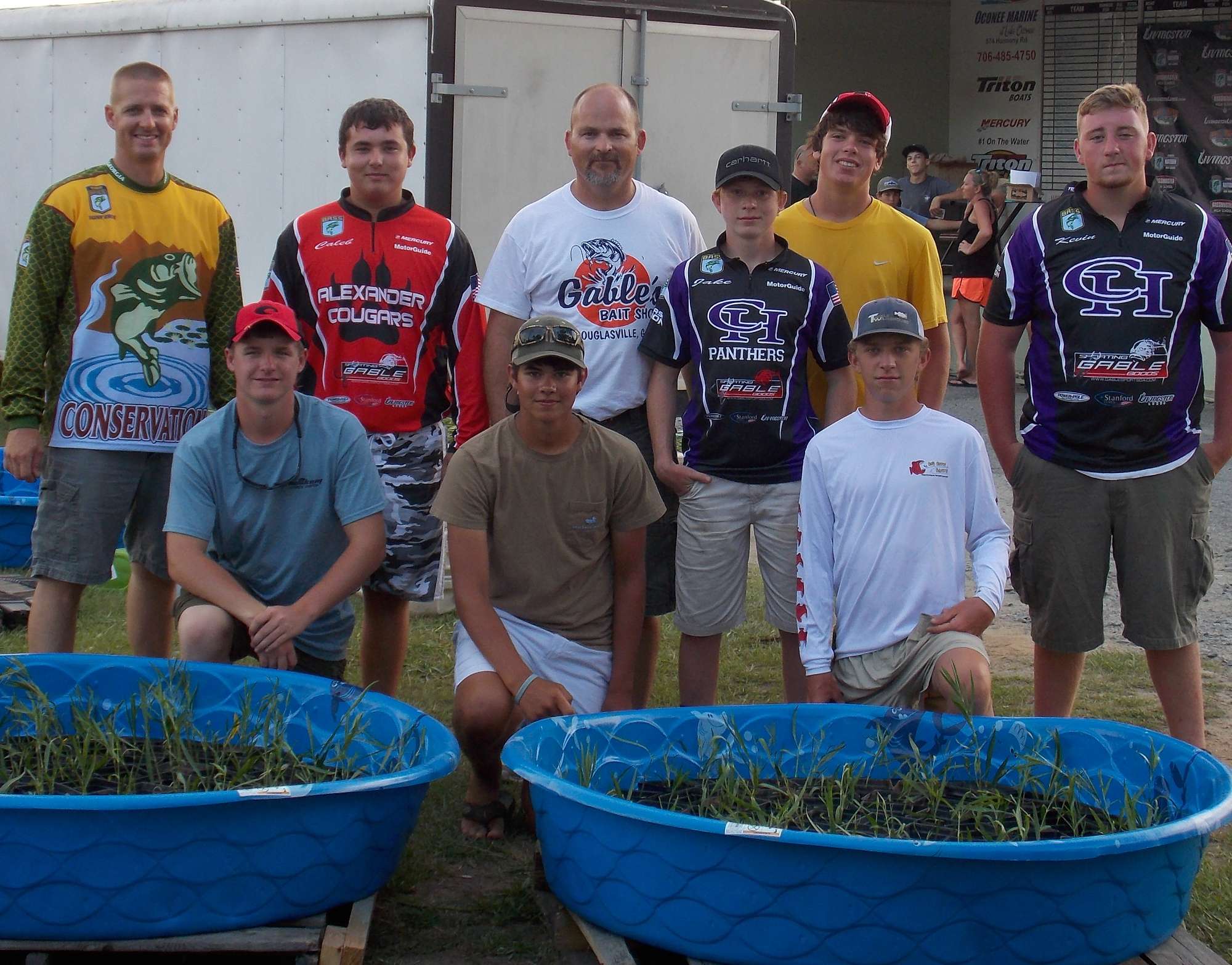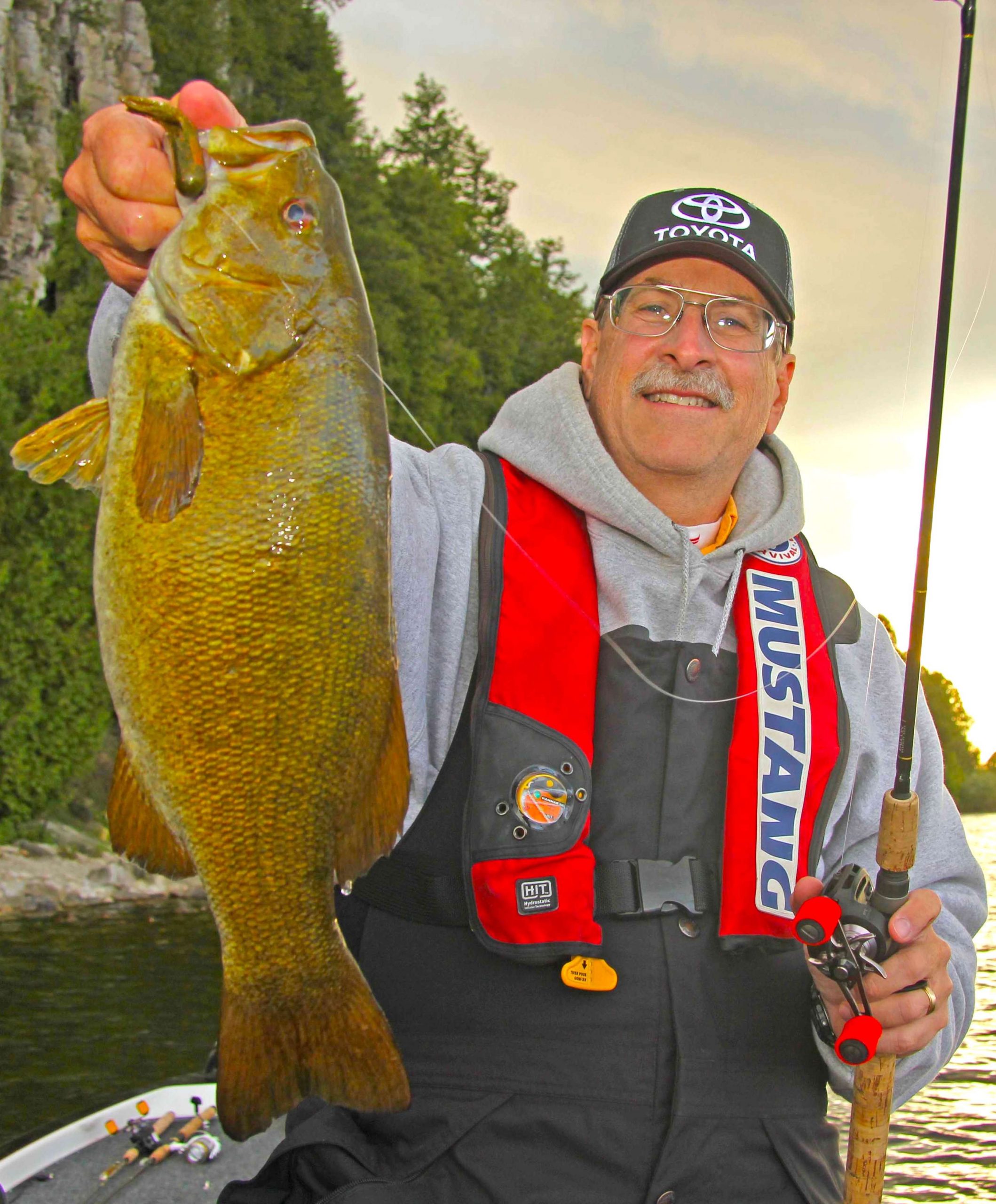
Originally published in Bassmaster Magazine
Most Bassmaster readers want to know how to catch more fish or what the latest trends are in gear and gadgets. But like the snowball rolling down the hill, there are issues coming at us that are building to huge proportions, and they threaten the future of bass fishing. You need to know about these threats, and it is vital that we all get involved in finding solutions.
Issues such as endangered species policy, climate change, animal-rights activists and declining funding for state and federal conservation programs cause nightmares for anglers, fishery managers and the fishing industry. But we’ve narrowed down the list of threats to the Top 5 that will have the biggest impact on bass fishing across North America in the next decade.
1. Water Policy
The top threat is pretty simple: no water, no bass. But this is not just about drought like they are experiencing in the West. Climate change aside, droughts come and go, and some states always seem to have water. The real issues are who owns the water, and how that water is allocated among the many users. Long-term water policy that provides for a growing human population and reserves water for fish is missing. Without plans that include recreation (fishing and boating) in the mix, water managers can draw the last drops from their reservoirs for competing uses such as municipal and industrial supply, irrigation or hydropower. Bass fishing must demand a seat at every negotiating table when water policies are being crafted to ensure that your interests are considered.
2. Invasive Species
The greatest biological threats come from invasive species. Asian carp, zebra and quagga mussels, invasive plants such as giant salvinia and hydrilla are expanding their ranges. They potentially threaten every ecosystem and can cause expensive damage to infrastructure and to local economies. In some cases, the invaders may not cause terrible harm, but their mere presence gives water managers an excuse to slap on more regulation. Fishing is an easy target that water authorities can eliminate in the name of prevention. Your favorite bass lake could be next. What is the bass fishing community doing to prevent the spread of invasives? Are you setting an example as an individual angler and boater? Do you clean, drain and dry your boat between trips?
3. Loss Of Access
Privatization of public resources is cutting off fishing and boating access to many waters. State and federal agencies are selling public lands and waters to developers. That development can remove miles of fishable shoreline from public use. Entire lakes that were once considered public water are closed to fishing and boating because there are no longer public-access sites. Business and industry use excuses about liability and security to restrict access to waters under their control. The trend is not in our favor.
Beyond the loss of access to fishing and boating, a more important part of this issue is if the American public loses its connection with our natural resources; if people cannot experience these waters first hand, they will lose appreciation for the resource. In turn, we lose political support and the chance for expanded funding for conservation.
4. Pollution and Habitat Loss
The days of rivers so polluted that they catch fire are (hopefully) behind us, but the lessons learned following the passage of the Clean Water Act in the 1970s have largely been forgotten. Many of the most important environmental protections have been pushed aside in favor of the economic interests of developers and industry. Pollution from a variety of sources is again on the rise. Chemicals and excess nutrients are causing all manner of problems with our water supplies, from toxic algae blooms such as those that plagued the Great Lakes last summer, to low dissolved oxygen dead zones in Chesapeake Bay, to bass with hormone disruptions that cause reproductive failures. Upstream in the watershed, the agricultural community is bypassing proven conservation practices in the quest for greater profits. As a result, tons of nutrient-laden silt are washing downstream and filling in rivers, lakes and reservoirs at an alarming rate. There is a crying need for balanced environmental, agricultural and forestry policies that take into account watersheds and downstream impacts, along with economic benefits and societal desires.
5. Apathy and Indifference
Bass anglers are, by and large, an indifferent lot and tend to sit on the sidelines and hope that someone else will take on the challenges that face water resources and fishing. But these threats are too big for the few individuals in our bass clubs with a passion for conservation, or a handful of lobbyists from the fishing industry or conservation organizations in Washington, D.C., to take on by themselves. The attacks on fishing by those who would have it banned and attacks on our water supply by those who would sequester it all for their own use are coming at us too fast and too frequently. We need a lot more anglers to step up who are willing to speak up.
Apathy is not unique to anglers. As our society has grown more urbanized, people are less connected to the outdoors and our natural resources. They don’t understand the value of reducing silt in runoff or preventing snakeheads from spreading to new waters. The fishing community needs to engage the broader public with messages about the value of clean water and healthy lakes, rivers and reservoirs. We need to gain back the majority support that will be necessary to make changes in failed policies. If people truly value the natural world, they will support balanced plans that benefit fisheries as well as social and economic interests.
What can you do?
These issues are real. They are now. If you love the sport of bass fishing, you need to get involved, get organized and get political. How? Learn about the issues; knowledge is key. Follow conservation issues at Bassmaster.com/conservation and the websites of other organizations that serve as watchdogs over bureaucrats and elected officials. Join a bass club. There is strength in numbers, especially at the local level. B.A.S.S. has a network of state B.A.S.S. Nation conservation directors who can help channel your energy and get you engaged in the issues. And don’t forget to register and vote. Your voice in the democratic process is your most powerful weapon against these threats to bass fishing.
Footnote:
Thanks to Larry Voyles, the president of the Association of Fish & Wildlife Agencies; Libby Yranski, government relations coordinator with the American Sportfishing Association; and Jim Martin, director of the Berkley Conservation Institute, for their input and insight on these issues.

